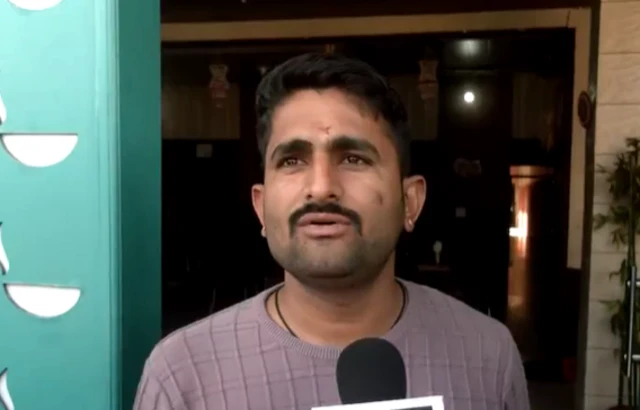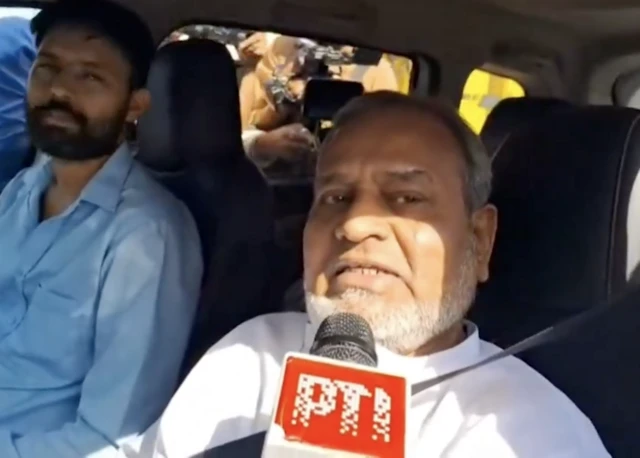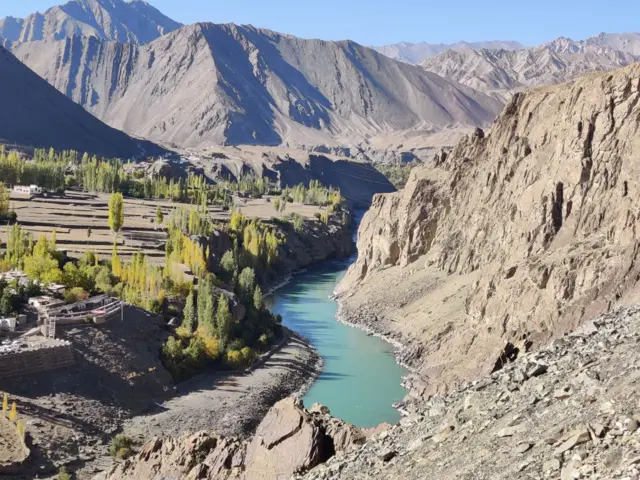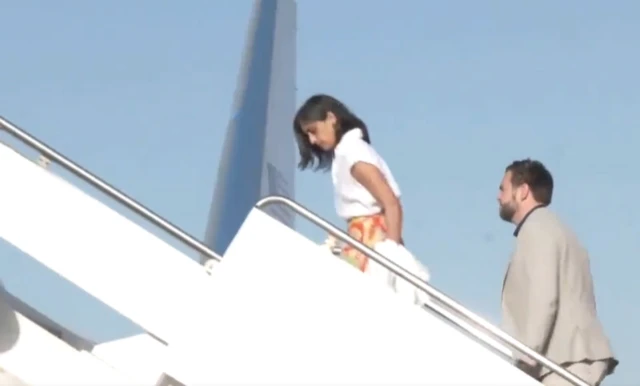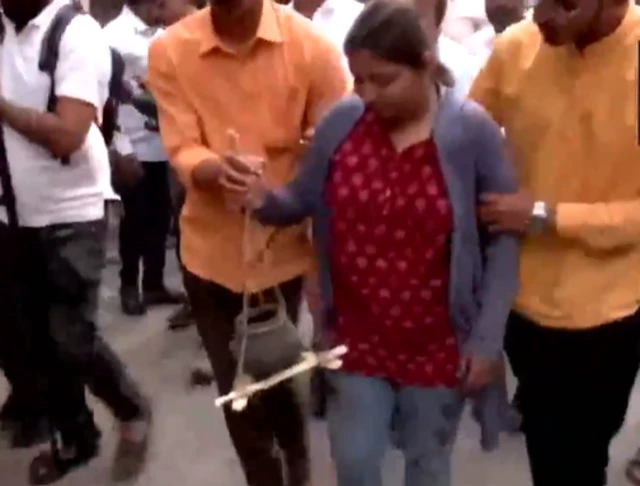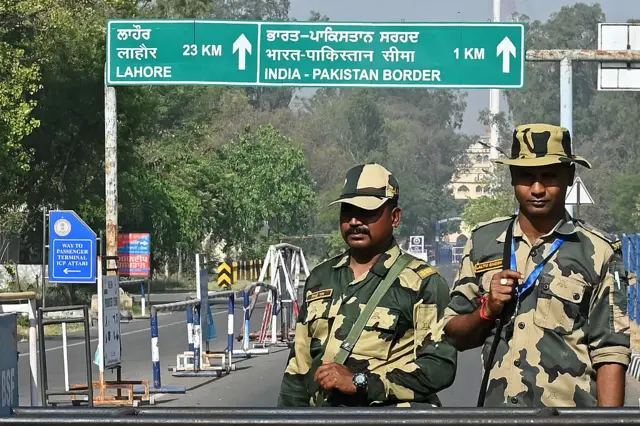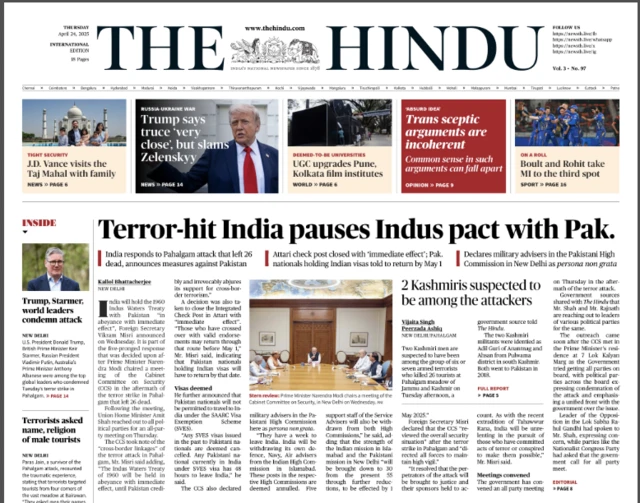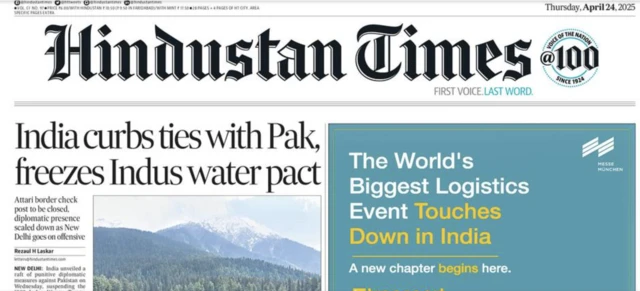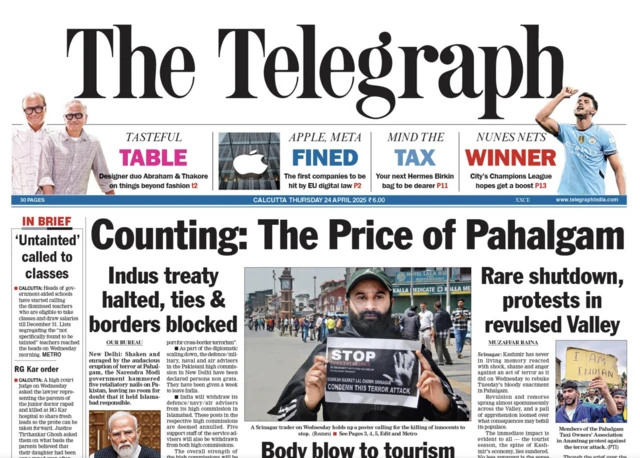Indian police say two of three suspects are Pakistanispublished at 09:25 BST 24 April
 Image source, Jammu and Kashmir Police
Image source, Jammu and Kashmir PolicePolice in Indian-administered Kashmir's Anantnag district have issued a notice naming three of the four suspected gunmen behind the Pahalgam attack.
Two of the three men are Pakistani nationals, the notice says, while the third is a local man from Anantnag. There is no information yet about the fourth suspect.
Police say all the three are members of the Pakistan-based militant group Lashkar-e-Taiba (LeT). None of the men have commented on the allegations yet. Pakistan has denied any role in the attack.
Police have offered a 2m-rupee ($23,400; £17,623) reward for information on each of these suspects along with assurances that the identity of the informants will be kept secret.

